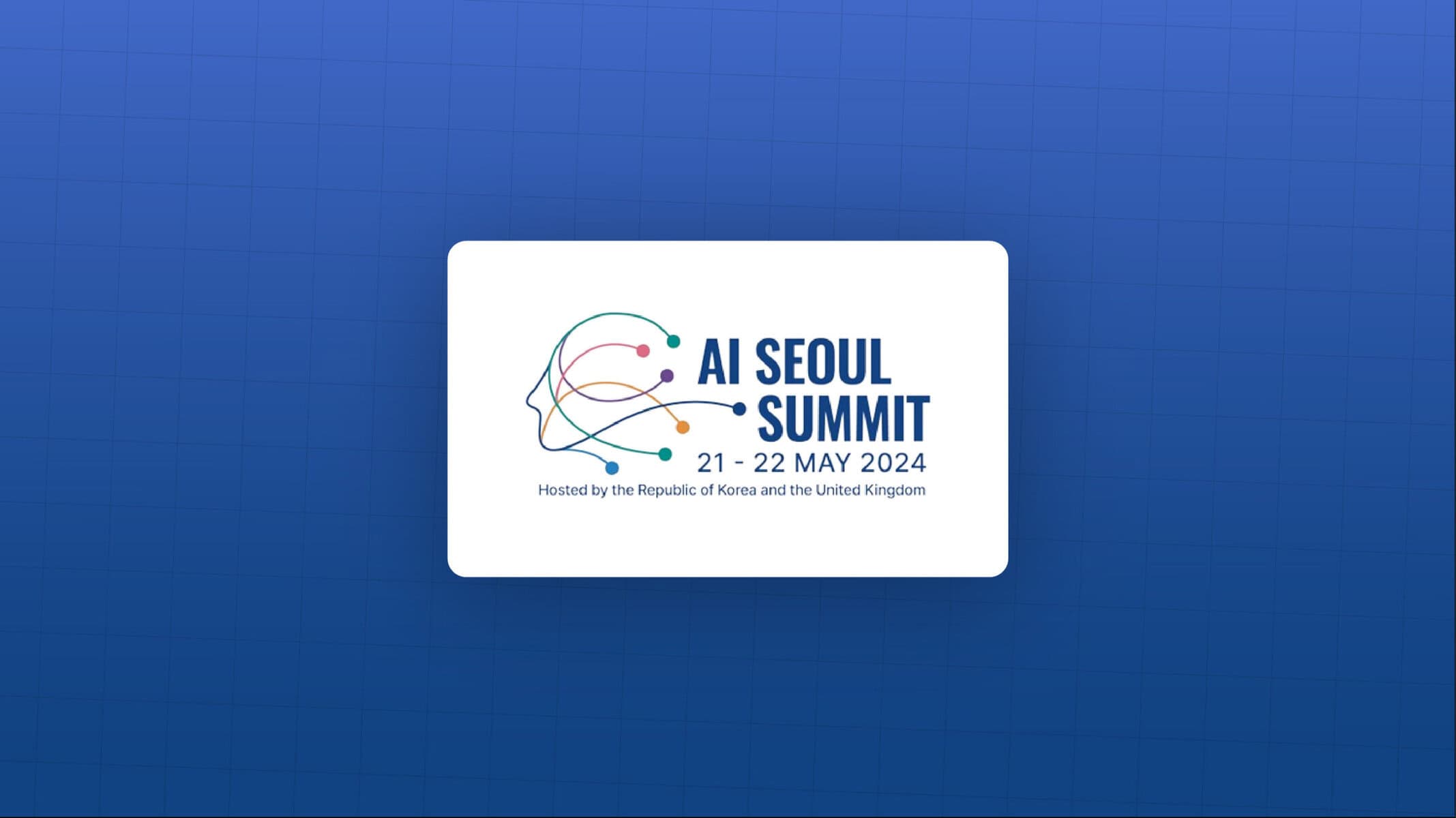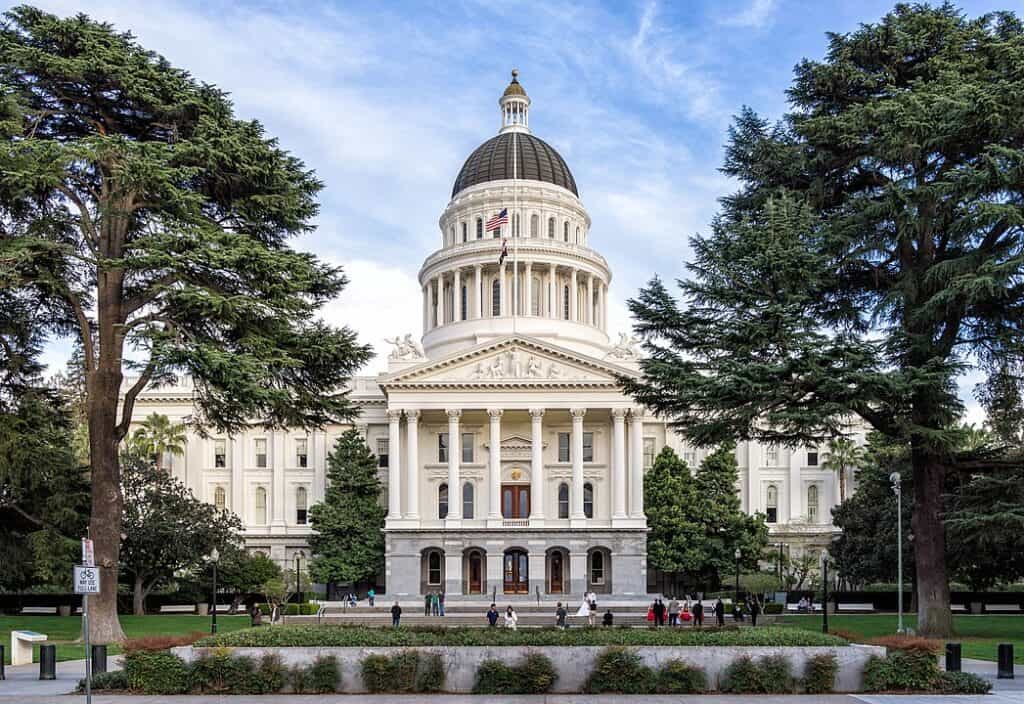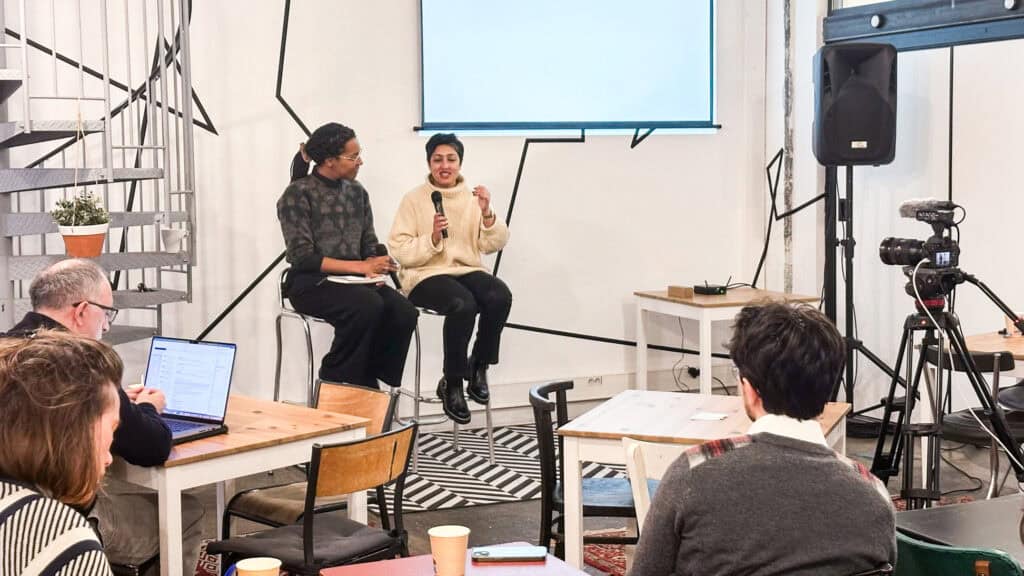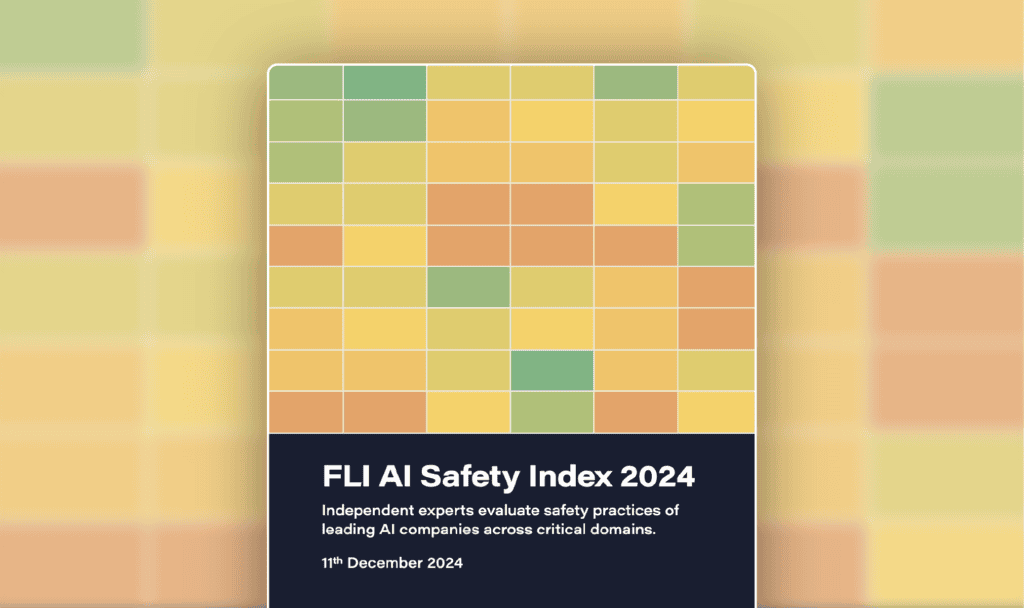Statement in the run-up to the Seoul AI Safety Summit

Contents
View this statement as a PDF in English (Anglais) or French (Français)
The second AI Safety Summit will take place on May 21-22 in Seoul, as a follow up to the first Summit in Bletchley Park last November, and the Future of Life Institute is honoured to be participating once again. The first day in Seoul will feature a virtual session of heads of state and government and is expected to result in the signing of a Leaders’ Declaration calling for international cooperation in AI governance. A physical meeting between digital ministers the following day is then set to adopt a Ministerial Statement reaffirming the participants’ commitment to AI safety, innovation and inclusivity. An Annex labeled “Seoul Statement of Intent towards International Cooperation in AI Safety Science” is also expected.
Context
The Future of Life Institute (FLI) is an independent non-profit organisation founded in 2014 that works on reducing global catastrophic risks from powerful technologies. At a 2017 conference, FLI formulated one of the earliest sets of artificial intelligence (AI) governance principles, the Asilomar AI principles. The organisation has since become one of the leading voices on AI policy in Washington D.C. and Brussels, and is now the designated civil society actor for AI recommendations for the UN Secretary General’s Digital Cooperation Roadmap.
Since the inaugural AI Safety Summit, held at Bletchley Park in November 2023, at which FLI was a selected civil society participant, we have seen meaningful steps forward in AI governance at the national and international levels. The landmark EU AI Act, the first comprehensive legal framework for this transformative technology, was successfully passed. Crucially, it included the regulation of foundation models, thanks in large part to the advocacy of FLI and civil society partners.
Despite this progress, we have a long way to go. In March, FLI partnered with The Elders, an international organization founded by Nelson Mandela to bring together former world leaders including former UN Secretary General Ban Ki-moon in pursuit of peace, justice, human rights and a sustainable planet – to release an open letter calling on world leaders urgently to address the ongoing impact and escalating risks of the climate crisis, pandemics, nuclear weapons, and ungoverned AI. The AI Safety Summits are crucial global opportunities to do precisely this with regards to AI.
Recommendations
We would like to thank the Summit Organizers for their leadership in convening the world’s second AI Safety Summit, and for inviting FLI to participate. We are pleased to see so many global leaders coming together to address this urgent and crucial issue.
With this in mind, FLI would like to submit the following recommendations, for suggested actions coming out of this historic convening:
- Prioritization of AI safety research as a key element in furthering responsible AI innovation;
- International cooperation to advance AI safety;
- Compatible binding guardrails to address AI safety risks;
- Leveraging, promoting and fostering common scientific understanding through:
- The independently-led International AI Safety Report and its iterations;
- Synergy on AI testing capabilities;
- The joint creation of evaluations, data sets and risk thresholds;
- Cooperation on safety research and best practices via the network of AI safety institutes.
- Credible external evaluations undertaken for advanced AI models or systems developed or used in respective jurisdictions;
- Collaboration with all stakeholders to establish common frameworks for developing proposals in advance of the third Safety Summit, in France.
As we build on this work and look ahead to the French Summit, our key recommendation is that AI safety institutes formalise cooperation, including through the appointment of a coordinator. In so doing, the Seoul and Paris safety summits can pave the way for an international agency on AI as was called for by the UN Secretary-General, and more broadly help to build a new international architecture for AI regulation.
Stakeholders are encouraged to direct any questions to FLI’s AI Safety Summit Representative, Imane Bello (ima@futureoflife.org).
For all press enquiries, please get in touch with FLI Communications Director Ben Cumming (ben.cumming@futureoflife.org).
About the Future of Life Institute
The Future of Life Institute (FLI) is a global think tank with a team of 20+ full-time staff operating across the US and Europe. FLI has been working to steer the development of transformative technologies towards benefitting life and away from extreme large-scale risks since its founding in 2014. Find out more about our mission or explore our work.
Related content

Michael Kleinman reacts to breakthrough AI safety legislation

Context and Agenda for the 2025 AI Action Summit

Paris AI Safety Breakfast #4: Rumman Chowdhury

